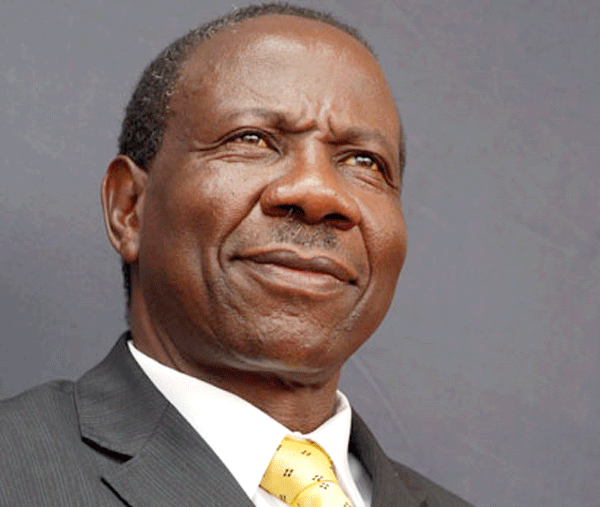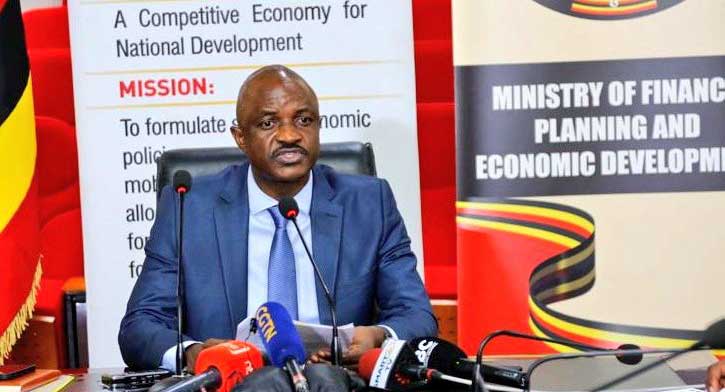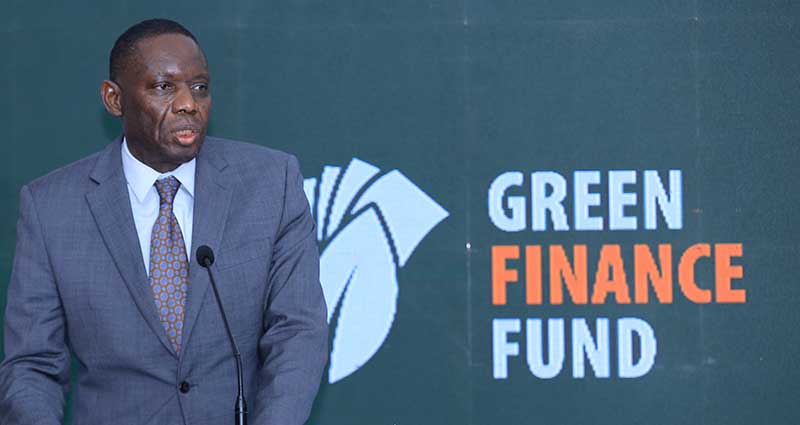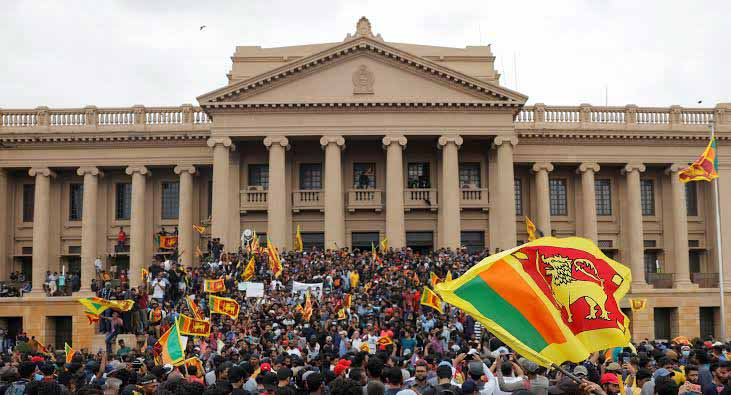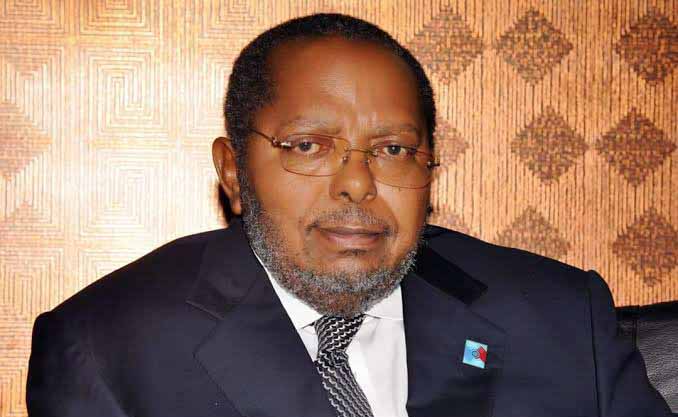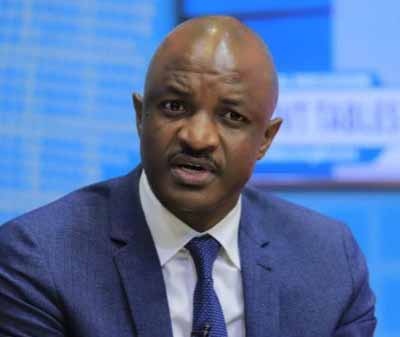Experts have indicated that a number of economic shocks have exacerbated the post-election slowdown of the economy!
The public debate about the poor health of Uganda’s economy has refused to go away. A few months ago, representatives of government and its agencies used to dismiss anyone who dared to say the economy was sick.
This is no longer the case. Today, there is widespread agreement among all observers – including the very people that used to accuse others of alarmism – that the economy is not well.
From the Minister of Finance, Planning and Economic Development (MoFPED) to the Governor of Bank of Uganda (BOU); from representatives of key multilateral organisations such as the World Bank and the International Monetary Fund (IMF) to the average supporter of the NRM deep in the remote district, the voices are singing the same sorrowful music, “Uganda’s economy is not well.”
In a litany of articles and public speeches, several people and organisations have explained the causes of this poor performance of the economy. The factors ranged from global economic developments (slow growth in China, fall in commodity prices, tight financing conditions mainly in Europe, and geo-political events such as Brexit and U.S politics) to regional and domestic factors (South Sudan crisis, banking liquidity crunch, drought conditions, and increased political risk courtesy of the 2016 elections).
To this extent, there now seems to be consensus among economists, politicians, development partners, opinion leaders and civil society, business people, media, and the general public. However, a big disagreement seems to emerge when some of these people suggest that Uganda’s economy is not only sick or weakened, but could be in a recession.
Economy is not improving
While reacting to the IMF’s Regional Economic Outlook for 2017 last December, Albert Musisi, the Commissioner in charge of Macroeconomic Policy at the MoFPED, strongly protested against those who suggested that the economy could be in recession.
“Those who are saying 4.8% growth rate of the economy is too low may need to think again. Some have even suggested that we are already in recession. This is not true. True, the economy is not doing very well. We have done all that the IMF and other advisers have asked us to do, but the economy is not improving as expected,” Dr. Musisi said.
Traditionally, economists often disagree. They often differ in their views on issues such as health of the economy, proposed policy, and evaluation of consequences of economic

